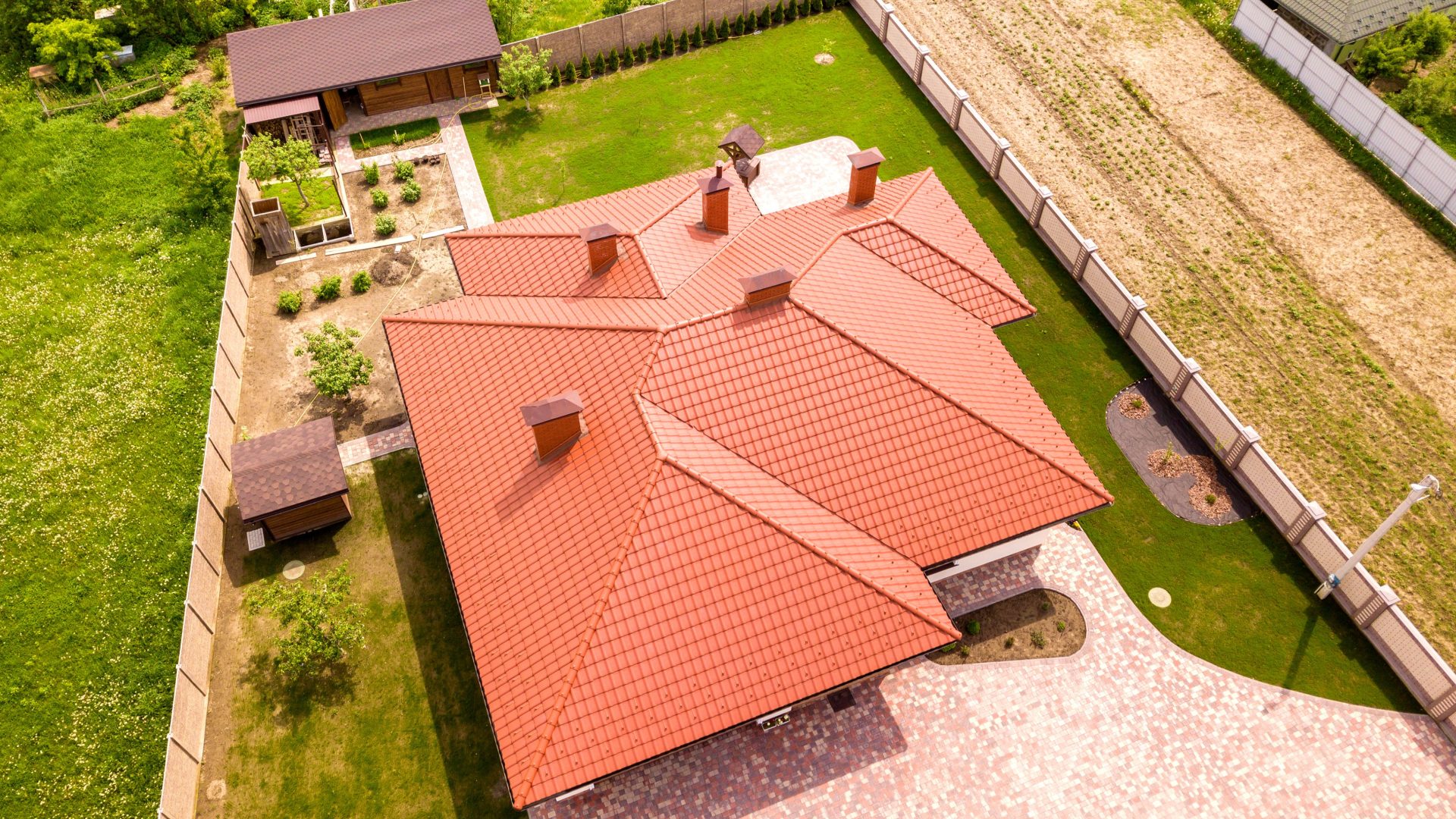A recent review of sustainable drainage systems (SuDS) has recommended that the government mandate their installation on new developments from 2024.
As climate change drives more extreme rainfall events, the news that the Department for Environment, Food and Rural Affairs (DEFRA) is looking to futureproof new developments will be welcomed by many. However, developers will have questions about what it means for them in what is already a challenging market for the built environment.

In his regular column, Mike Ward, UK and Ireland Territory Director at global plumbing and drainage manufacturer Wavin, explains why embracing SuDS will help developers appeal to homebuyers as we build more resilient communities.
DEFRA’s review into the benefits and impacts of sustainable drainage is a resounding green light for SuDS. It represents important recognition from legislators that water management needs to work with, rather than against, natural water cycles, and should be viewed as an important step forward for our industry.
Impact on infrastructure
The report highlights the power of the natural environment in absorbing excess water and helping us deal with heavy rainfall. However, urbanisation driven by a growing population is shifting the work traditionally done by nature onto humanmade drainage infrastructure, which is increasingly struggling to cope. SuDS are designed to pick up where the environment has left off and ensure that natural drainage patterns can be better replicated in developed areas.
The government’s endorsement of these systems represents a shift in policy that should be viewed as a positive development for blue green infrastructure. It will make SuDS the default for almost all new developments, and if designed according to the Ciria four pillars of SuDS, this will relieve the pressure on public sewers, reduce flood risk, and improve water quality in our rivers and coastal environments.
An opportunity for developers
While the mandate is undoubtedly a step in the right direction, it is always important to look at the impact of any new legislation on developers, since they are the ones tasked with delivering sustainable water management into their projects. With this in mind, it is worth considering how a shift in public attitudes towards flood resilience actually presents an opportunity for housebuilders.
Recent research has revealed that 99% of potential homebuyers believe that flood resilience is an important consideration when buying a new build home. Given that 1 in 6 properties in England are already at risk of flooding from rivers, sea and surface water, it is clear that effective drainage within new build developments is going to be crucial to meet this demand.
The research also found that 82% rated green spaces as important to their house buying decisions. From a housebuilder’s perspective, this demonstrates the critical role that SuDS will play. When utilised effectively they provide green spaces and improve biodiversity, while also mitigating the impact of heavy rainfall – essentially addressing two of the modern-day homebuyer’s primary concerns.
This presents an opportunity to developers, who can ensure their projects stand out from the crowd by delivering sustainable, green, and flood resilient homes to their customers.
Communicating with customers
The research also revealed a surprising lack of knowledge amongst homebuyers about the critical role that SuDS play – with just 28% of buyers aware of what they actually are, and how they help to mitigate the impact of flooding.
This is perhaps the greatest opportunity of all for developers, who are in a position to educate their customers about why sustainable drainage is something they should be looking for in new developments. Far from being a necessary inclusion in a project – that is simply in place because it is mandated – SuDS can in fact become a marketing tool for housebuilders. They offer a chance for developers to communicate with customers about how carefully considered flood mitigation can also have a positive impact on how a space looks.
This is why the recommendation by DEFRA should be welcomed by the industry. At one time, the very mention of flood mitigation would immediately associate a development with that very issue, which meant housebuilders have been understandably keen to avoid the subject. Now, as the government starts to mandate the inclusion of SuDS into all projects, the conversations around their benefits can become more open, which will ultimately benefit developers, homebuyers, and our water management infrastructure as a whole.
For more information about Wavin, visit: www.wavin.com



